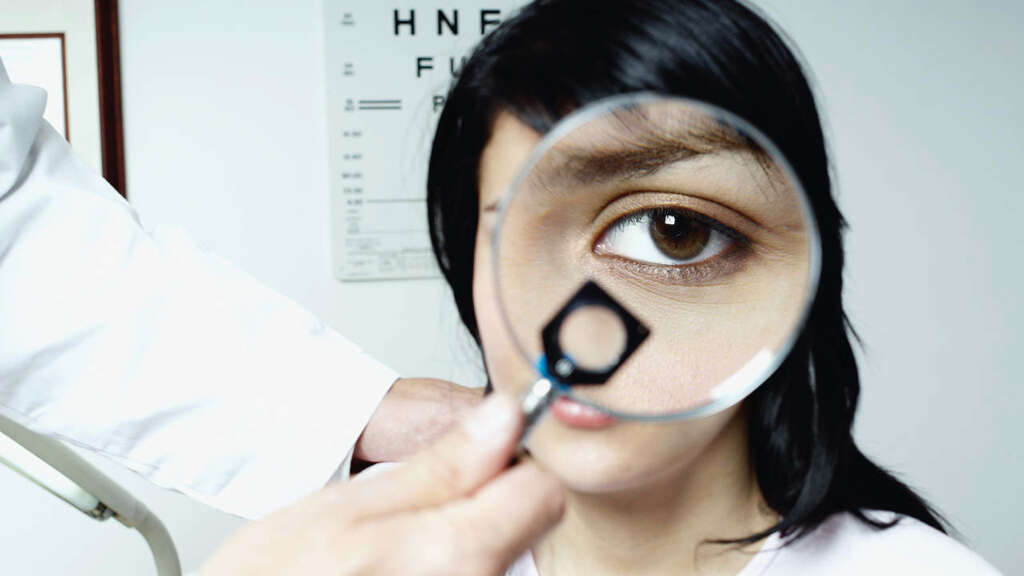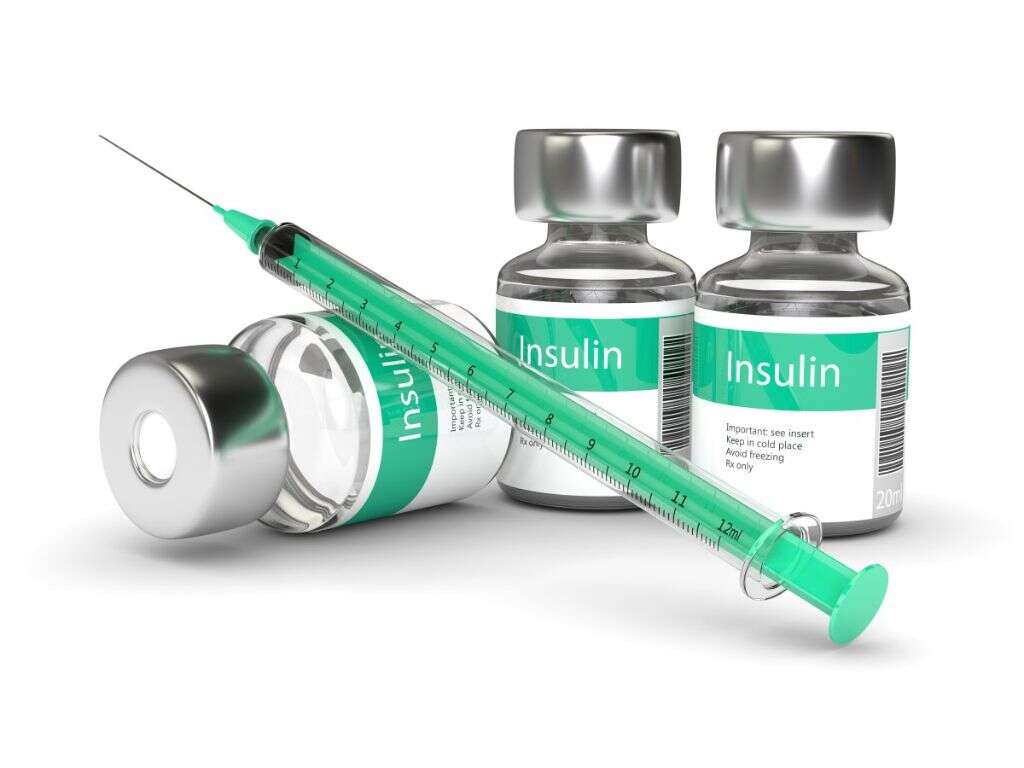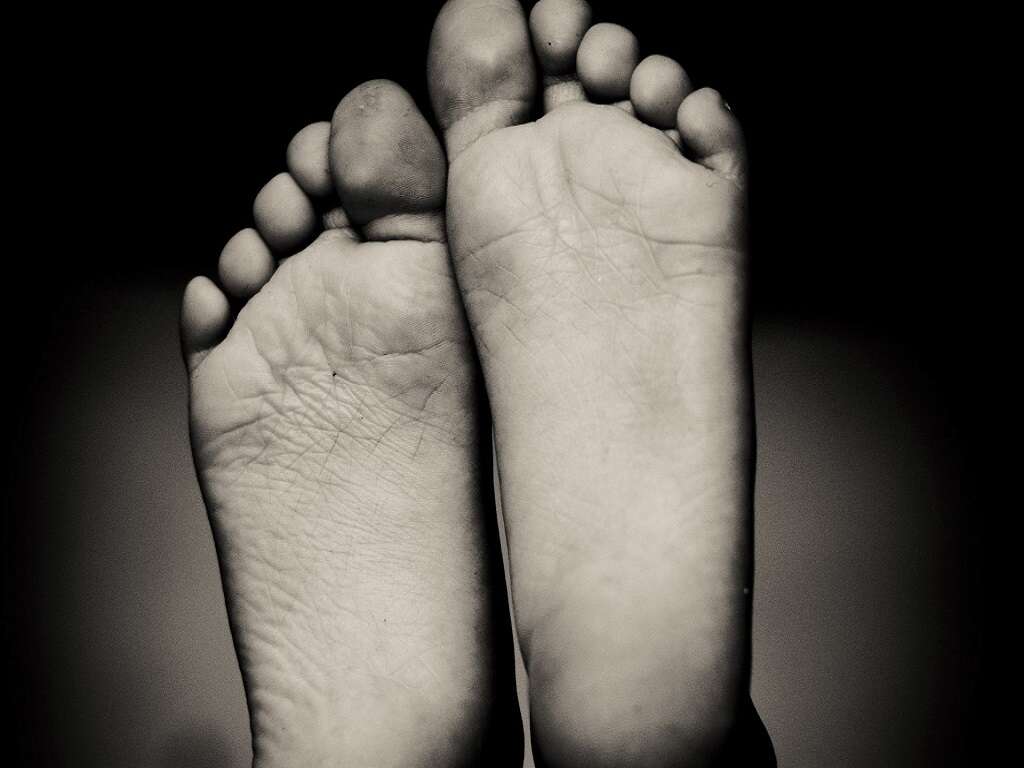10 Signs of Being Diabetic
Sugar has a bad name when it comes to healthy living diets, but it is still very important for us. Glucose is our main source of energy and it is actually very good for us, provided we don’t have too much of it. It is refined sugar that is particularly bad, with natural sugars being much more kind to our health overall.
For the body to use sugar, it first needs to be processed with help from a hormone known as insulin. Some people are unable to produce this hormone in sufficient quantities, or have a resistance to its effects on the body.
This is a condition known as diabetes, and it can have a profound effect on a person’s life. Here’s a look at some of the most common symptoms.

Sign #1: Urinary Frequency
Normally, we reabsorb all the glucose in our kidneys, meaning that we shouldn’t have glucose in our urine.
In patients with diabetes, the kidney becomes overwhelmed by the excess amount of glucose. Therefore, glucose goes into the urine and water goes with it. The result is an increased urine output, also called polyuria. Patients will have to urinate more often due to the increased volume.

Sign #2: Dry Mouth
The saliva in our mouth has various important functions. It helps us to soften our food prior to us swallowing it, making it an important part of the digestive process. Saliva also helps to keep bacteria at bay, maintaining oral hygiene and preventing infections. Your mouth should be naturally wet, and you may be ill if it is not.
Diabetics have an increased level of circulating glucose in their blood, this fact may cause them to become dehydrated from time to time. One common sign of dehydration is a dry mouth. If you are experiencing this symptom, it is important to seek medical attention for proper diagnosis.

Sign #3: Lethargy
Everything that we do requires a certain amount of energy. It is basic physics, chemistry, and biology. We get this energy by processing the food that we eat, with the most energy coming from carbohydrates, including sugars. In order to be able to use the sugars, though, they first need to be processed by insulin.
Diabetics are unable to process sugars in their diet, and this means our cells are unable to generate the energy that we need. This means that diabetics will often be left feeling as though they have no energy and just don’t feel like doing anything at all. It can be caused by various factors, and you should see a doctor if the symptom persists.

Sign #4: Hunger
Every few hours or so, we need to take on food for the energy and other nutrition that it provides. This causes us to feel hungry, which is a powerful sensation that compels us to eat. The sensation will die down after we have eaten and will resurface when we need refueling again.
People with diabetes, however, will often find that they feel hungry even after having eaten well recently. This is because they are unable to process the energy they have eaten so they begin to feel hungry so the body can take on more energy. The problem is not with not eating enough, though, but not being able to work with what they have eaten.

Sign #5: Blurred Vision
Some people are fortunate enough to maintain excellent eyesight for well into their old age. Many of us will be less fortunate, however, and find that our vision will gradually begin to fade. This is not usually a problem, though, because spectacles and contact lenses can help to rectify vision problems.
Diabetes can play havoc with fluid levels in the body, and this can cause the lenses to swell, affecting our ability to focus. Vision problems usually occur very gradually so you should pay attention if you experience changes more suddenly. Diabetes can also cause permanent damage to our vision, so it is something that should be treated as a matter of urgency.

Sign #6: Thirst
As far as we can tell, all life forms need liquid water if they are to survive. Some can go without water for longer than others but, still, they will all succumb to a lack of water eventually. People will only be able to last for a few days without water, while we will usually begin to get thirsty after just a few hours or so.
People with diabetes will find that they get thirsty more frequently than other people. This is because they are passing more water than usual as they try to flush excess sugar from their body. As such, diabetics will often be drinking a lot of water and it can be very hard for them to satiate their thirst at all.

Sign #7: Slow Healing
Our species has not always had access to medicine. For much of our existence, we have had to fend for ourselves as other animals do. This includes having to heal our own wounds, and we have a natural mechanism that helps us to do this.
Provided the wound is not too severe, our bodies should not have difficulty in helping it heal, even if we are left with a scar. People with diabetes, however, can find that their wounds will heal far slower than usual and they might sometimes need medical assistance with them. This can increase the chances of them developing bacterial infections.

Sign #8: Frequent Yeast Infections
Yeasts are actually quite common and most of us have some yeast inside or outside our body at some point. They are mostly harmless and we will often not be aware they are there at all. They can sometimes grow out of control, however, and this can lead to some unwelcome symptoms.
Many yeasts like to feed on glucose, and there is usually only a limited amount available for them in the body as it is used by us. In diabetics, however, there is glucose flowing through the blood and this provides a feast for yeast, leading to a boom in yeast populations.

Sign #9: Weight Loss
Glucose is one of our main sources of energy. When we have too much of it to use straightaway, we convert it into fat where it is stored in the body to be used again at a later point. Thus, if we consume too much sugar then we are likely to begin piling on the pounds as a result.
Diabetics are unable to get energy from glucose, though, but they still need to get their energy from somewhere. If it cannot use sugar, the body will turn to the body’s fat reserves, and even muscle. This will cause the patient to begin to lose weight even if there is no change in their eating habits.

Sign #10: Numbness
Diabetes is a condition that can often be managed, even if it does mean being strict about your lifestyle choices. Having said that, it can still be very difficult to manage and it can lead to severe permanent damage. One example of this is that diabetes can cause damage to our nerves.
Diabetics that suffer from nerve damage can experience numbness as their nerves are unable to pick up on any sensations. They can also experience a tingling sensation, while some will also experience some pain in their legs and feet. This is a sign that the diabetes is having a severe impact on the body.












